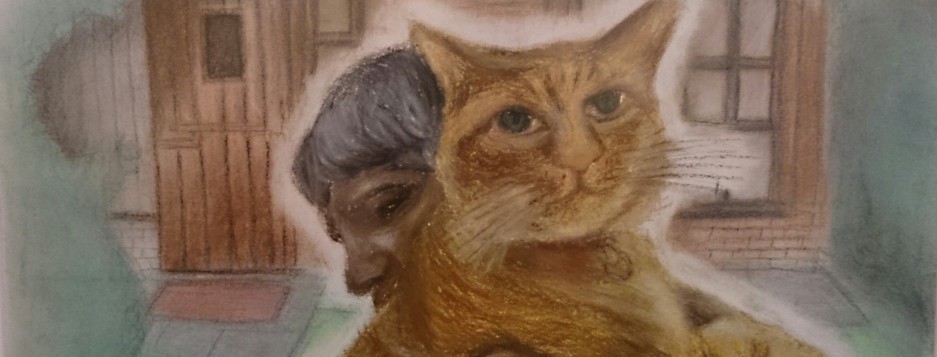Last year a British high court judge flagged-up a case in which a man pleaded guilty to charges which were “unknown in law”. Lord Leveson demanded the Director of Public Prosecutions carry out “an urgent review of how charging practises could so utterly have failed”.
In 2011, at Southwark crown court in London, Anthony Alan White admitted four offences, three of obtaining a pecuniary advantage under the Theft Act 1968 and one of making a false representation under the Fraud Act 2006. He was alleged to have repeatedly re-mortgaged a property while falsely declaring his income. But an investigation by James Richardson QC -the editor of Archbold, the criminal lawyers’ bible – found there was no legal basis for any of the charges.
Richardson said the case illustrated the depths to which the Court of Appeal had sunk. It was more concerned about outcomes than procedure. “The upshot is that a court of three senior judges failed to notice that, far from being in prison, the defendant should have been set free…If this is the standard to be expected, then it is no wonder that things are going wrong on a massive scale lower down in the hierarchy.”
“Procedural lapses are indulged by the courts. The more they are indulged, the more they occur; the more they occur, the more they need to be indulged…This downward spiral has culminated in Anthony White’s case passing through the hands of five judges and at least as many lawyers without any of them noticing it was devoid of legal foundation; or if they did, without seeking to have it put on a proper legal foundation.”
I found the case – and Richardson’s comments – particularly interesting as I still remain confounded by my experience of the judicial system. Maistry v BBC was more than a minor skirmish between an aggrieved employee and his boss. It raised profound questions about the ethics of the public broadcaster, the subversion of good journalism in critical times and the protection of freedom of thought and conscience.
Tenacity may be an acclaimed personal trait generally. In legal circles it simply elicits the negative stereotype of the persistent claimant; the equivalent of the conspiracy theorist in mainstream political and media discourse. I report the case for conventional journalistic reasons. I put the facts before the public so that others may judge the extent of my delusion.
At a Pre-hearing Review in 2011 Judge Pauline Hughes found that my belief in the BBC’s values amounted to a ‘philosophical belief’. This is a serious belief that attracts legal protection from discrimination. The legal test for establishing a ‘philosophical belief’ was set out in the famous global warming case, Grainger PLC v Nicholson (2010). Judge Hughes applied the test and rejected the BBC’s argument that its aims and values were a mission statement, a goal to aspire to rather than a belief. She ruled the issue of discrimination on this ground should be heard at a full trial.
In her judgment (4-04-2012) following a month long trial Judge Hilary Harding reversed the position. She found that the BBC Values are a mission statement and not a ‘philosophical belief’. She did not apply the test in Nicholson and cited no evidence for this finding which settled the case in favour of the BBC. At the Court of Appeal I was told this finding, recorded in black and white as a finding at paragraph 7.8 of the judgment, was not really a finding. This is as close as I have got to an explanation. The issue of whether Judge Harding was obliged to apply the law has never been addressed.
In subsequent appeals I argued that Judge Harding had contradicted Judge Hughes. In refusing an application to admit new evidence (22-07-2013) Judge Harding explained why there was no conflict of judgments. She had found the BBC witnesses – ten managers and a presenter – thought the BBC Values were a mission statement. Judge Hughes had found that my belief in the BBC Values was a ‘philosophical belief’.
But this merely introduces a further contradiction. Judge Harding’s original finding is that the BBC Values are a mission statement. She did not find that the BBC witnesses thought they were a mission statement.
The issue was finally dispatched by Lord Justice Underhill at the Court of Appeal (9-07-2014). His argument was that in order for the BBC to be able to discriminate it must have known of my ‘philosophical belief’. The Values were pervasive at the BBC and senior managers might be assumed to believe in them. But the BBC could not know whether I believed in the BBC Values as a ‘philosophical belief’ or just thought they were a mission statement (rather than a belief) which I was expected to follow. He said this was what Judge Harding had in mind.
But Judge Harding found the BBC managers thought the BBC Values were a mission statement while I held a ‘philosophical belief’ in the Values, quite the opposite of what Lord Justice Underhill says. So there is yet another contradiction.
Clearly the BBC could not have known I held a philosophical belief. Such a belief can only be established by a Tribunal which must also confirm the belief is genuinely held. Employers can always claim they were unaware of a ‘philosophical belief’ at the relevant time. There is no practical value in establishing such a belief and the test in Grainger serves no purpose.
And so nine judges and three and a half years later, I discover there is no legal protection for serious secular beliefs and the UK is in breach of its treaty obligations. Meanwhile the BBC continues to proclaim its Values as sacrosanct, publicly rejecting the finding of Judge Harding which secured its victory. This is patently a conundrum and not an obsession.
